AeroGenie — 您的智能副驾驶。
热门趋势
Categories
Qantas to Replace Airbus A380s with A350s on Los Angeles and Singapore Routes
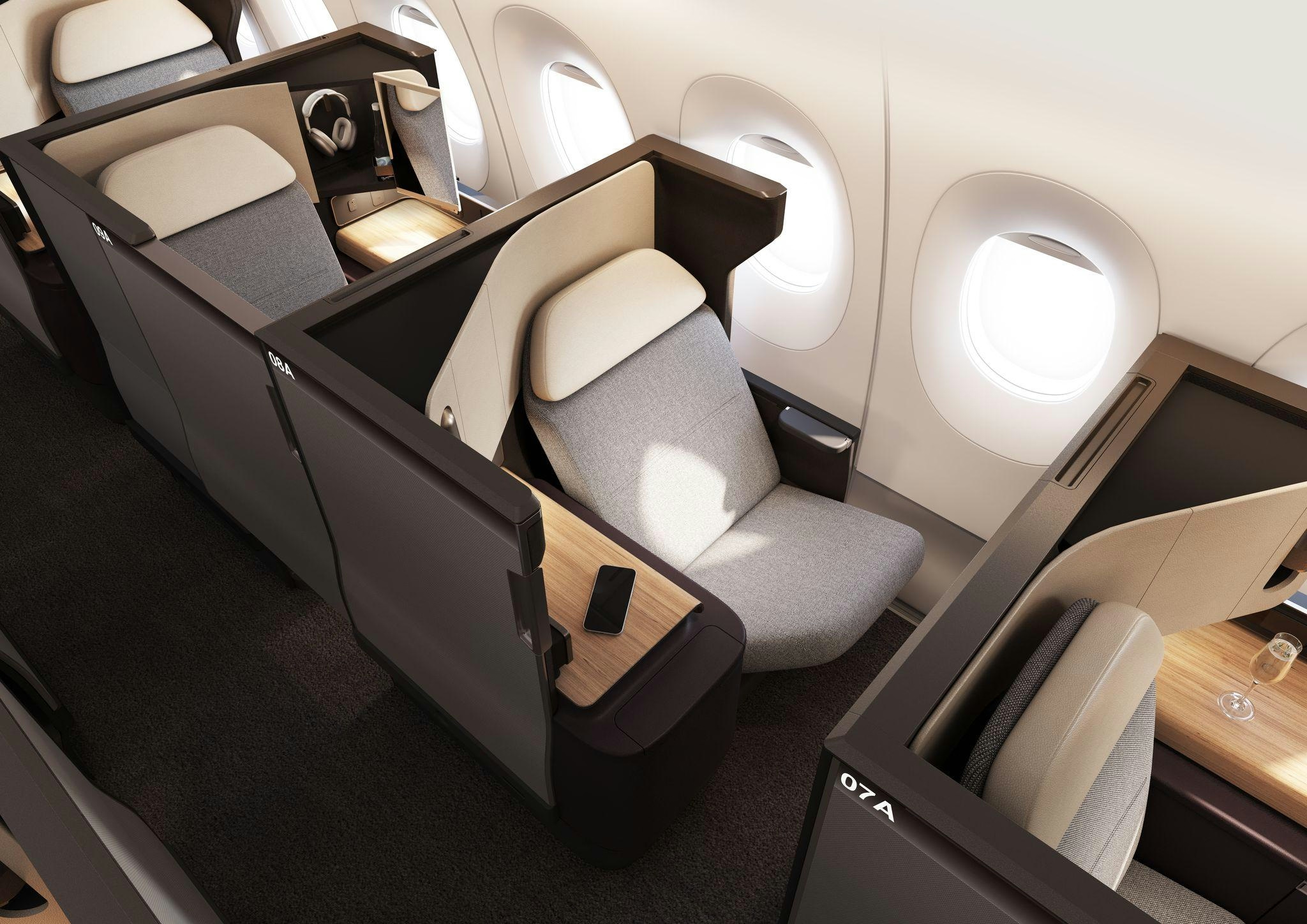
Qantas to Replace Airbus A380s with A350s on Los Angeles and Singapore Routes
Qantas has announced a significant modernization of its long-haul fleet, planning to replace its iconic Airbus A380 aircraft with the next-generation Airbus A350-1000 on key international routes, including Los Angeles and Singapore, beginning in early 2030. This transition signals a major shift for Australia’s flag carrier as it prepares to gradually retire its fleet of ten double-decker A380-800s, which currently serve major destinations such as Sydney, Singapore, Dallas/Fort Worth, London, and Los Angeles.
Fleet Modernization and Passenger Experience
The introduction of the A350-1000 will bring a markedly enhanced onboard experience. The aircraft will be configured to include first-class roomettes, upgraded business class suites, premium economy, and refreshed economy seating. Notably, the A350 will accommodate 238 passengers, less than half the capacity of the A380’s 485 seats. This reduction reflects a strategic emphasis on operational efficiency and premium service rather than sheer capacity. Despite the smaller size, Qantas expects robust demand for the new nonstop services, particularly on routes such as Sydney to London, where both direct and one-stop options will remain available.
Qantas CEO Vanessa Hudson highlighted the importance of offering both nonstop and one-stop flights to London to meet diverse passenger preferences. The A350-1000 is poised to become the airline’s new flagship aircraft, supporting broader ambitions including Project Sunrise, which aims to establish direct connections between Australia’s East Coast and Europe and North America for the first time.
Challenges and Competitive Implications
The transition to the A350 presents operational challenges. Moving from the high-capacity A380 to the smaller A350 may affect market share on competitive routes, placing a premium on operational efficiency. Passenger experience will also be under scrutiny, as the removal of features such as the ‘Wellbeing Zone’—replaced by increased economy seating—could influence customer perceptions. This strategic shift may prompt competitors to enhance their own long-haul offerings or adjust route networks, potentially reshaping the competitive landscape on transpacific and Europe-bound flights.
Broader Fleet Renewal Strategy
Qantas’s fleet renewal extends beyond the A380 replacement. The airline plans to phase out its aging Airbus A330s, currently used on medium- and long-haul routes, replacing them with additional A350-1000s and a new batch of Boeing 787s expected from 2028. These changes align with Qantas’s wider strategy, which also includes the introduction of A321XLRs for domestic and regional operations alongside the ambitious Project Sunrise initiative.
As Qantas prepares for the coming decade, the shift to the A350-1000 underscores its commitment to modernizing its fleet, enhancing passenger comfort, and maintaining a competitive position in the evolving global aviation market. The airline’s success will depend on its ability to balance operational efficiency, customer loyalty, and market positioning throughout this major transition.
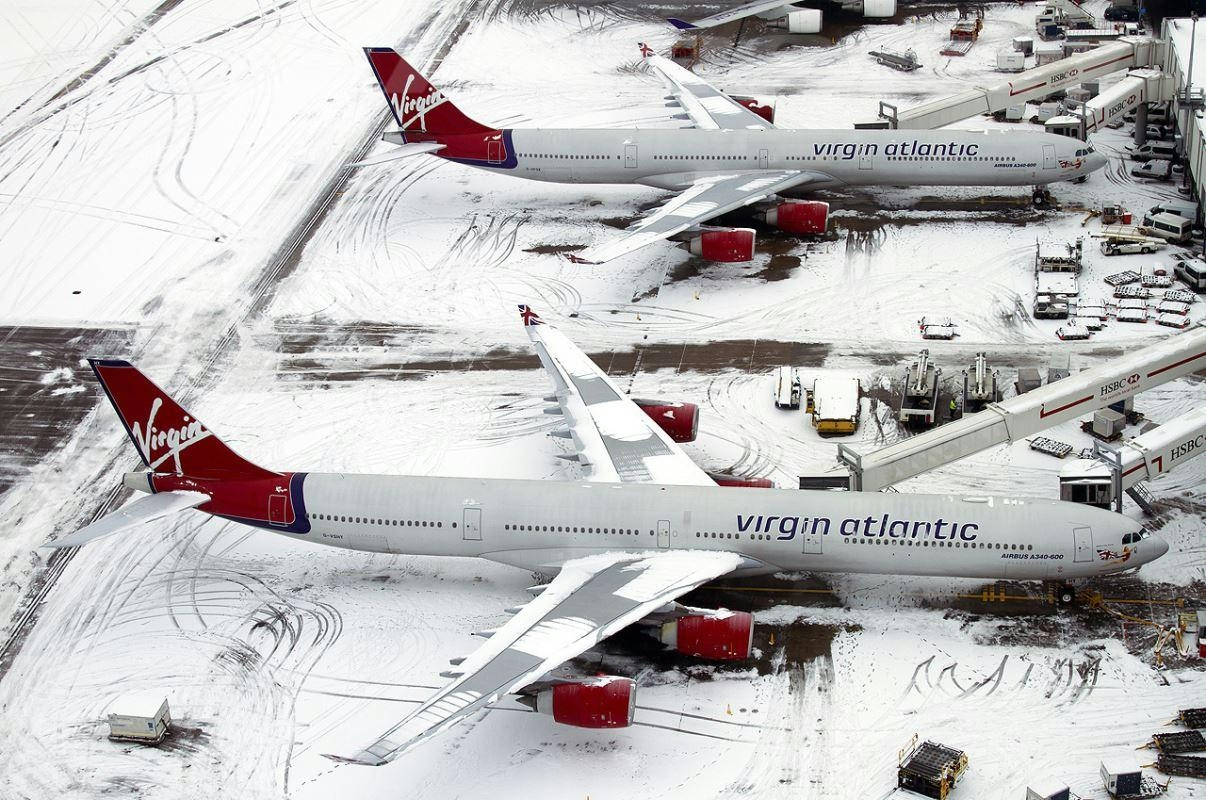
Do the Airbus A380 and A340-600 Share the Same Engines?
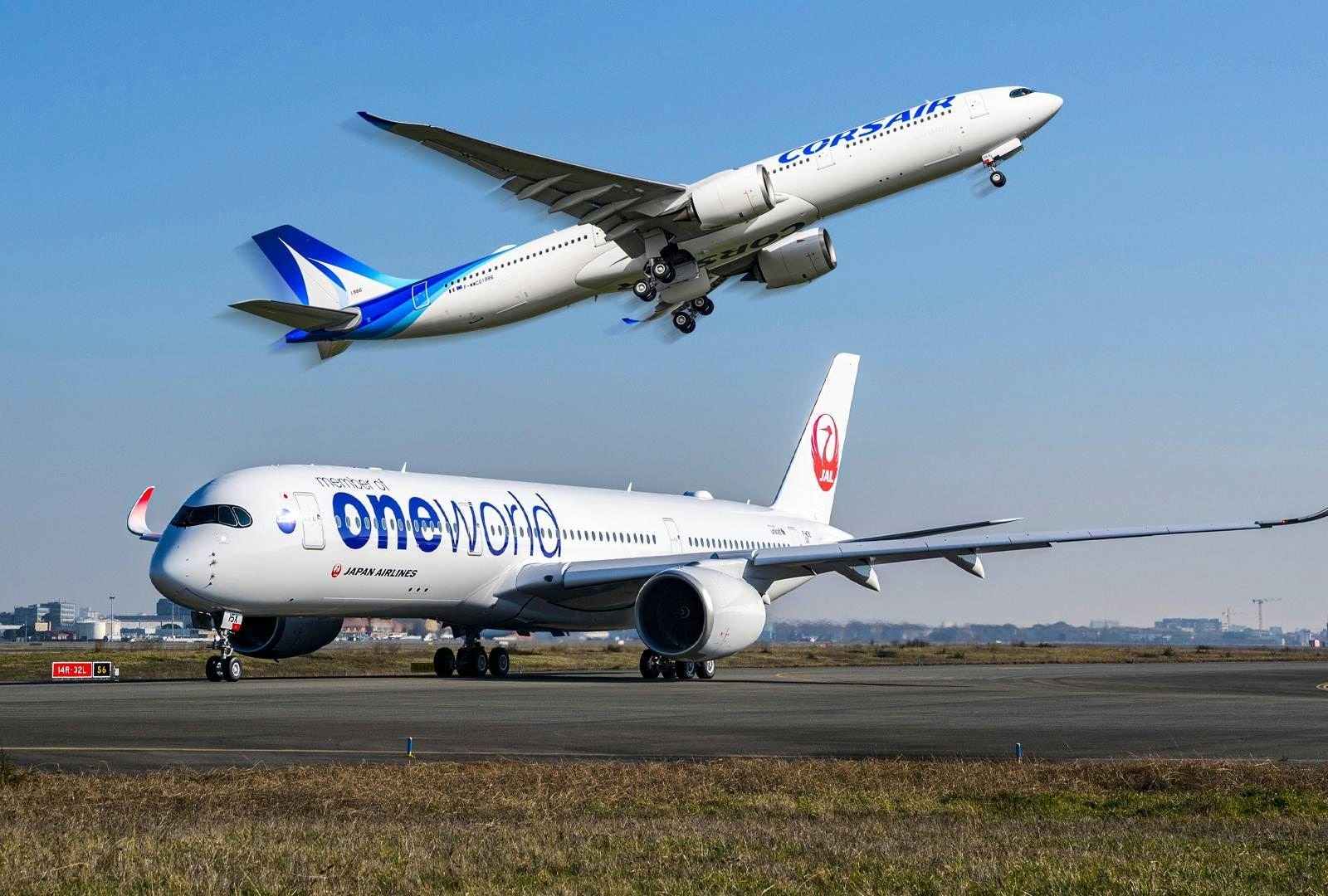
Comparing the Size of the Airbus A350-900 and A330-900neo
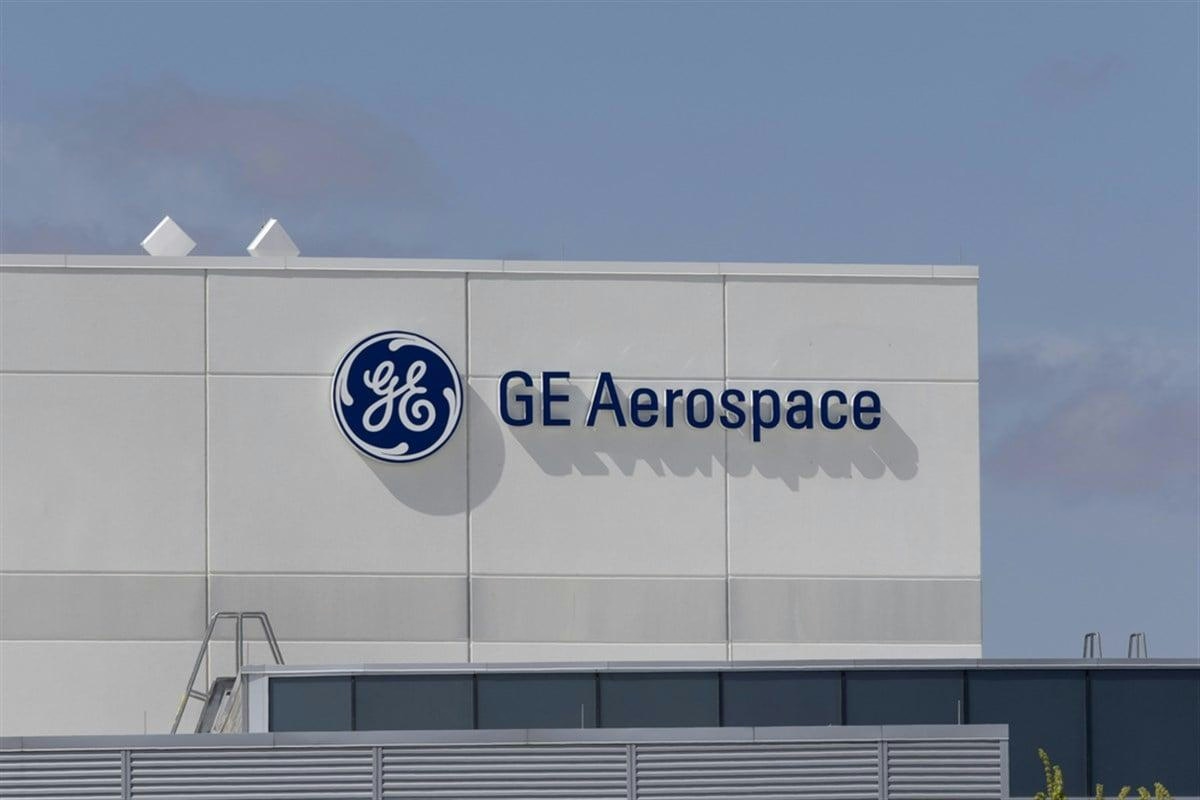
Comparing GE Aerospace and RTX in the Aerospace and Defense Sector
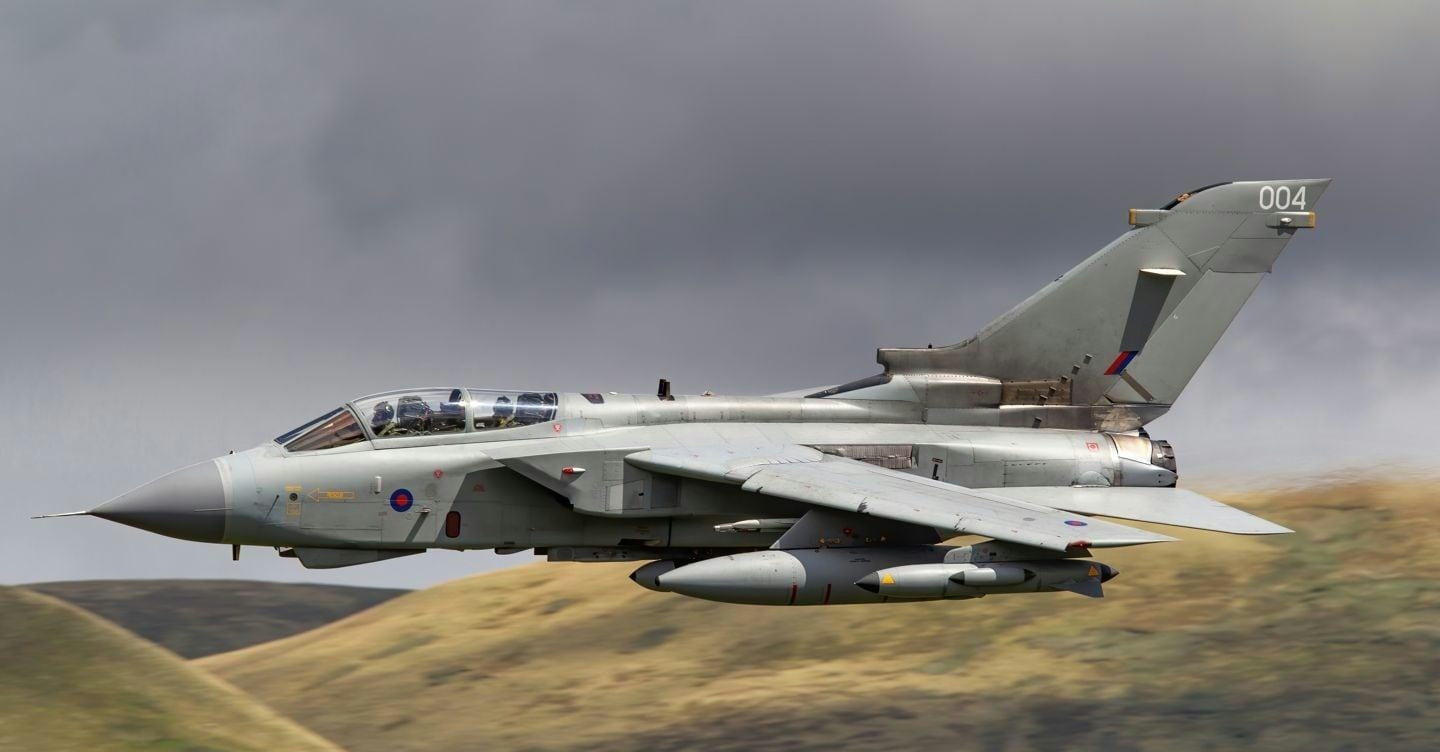
Italy Investigates Disappearance of €17 Million in Tornado and C-130 Aircraft Parts

Thunder Bay Company Receives $1.5 Million for Aviation Hangar
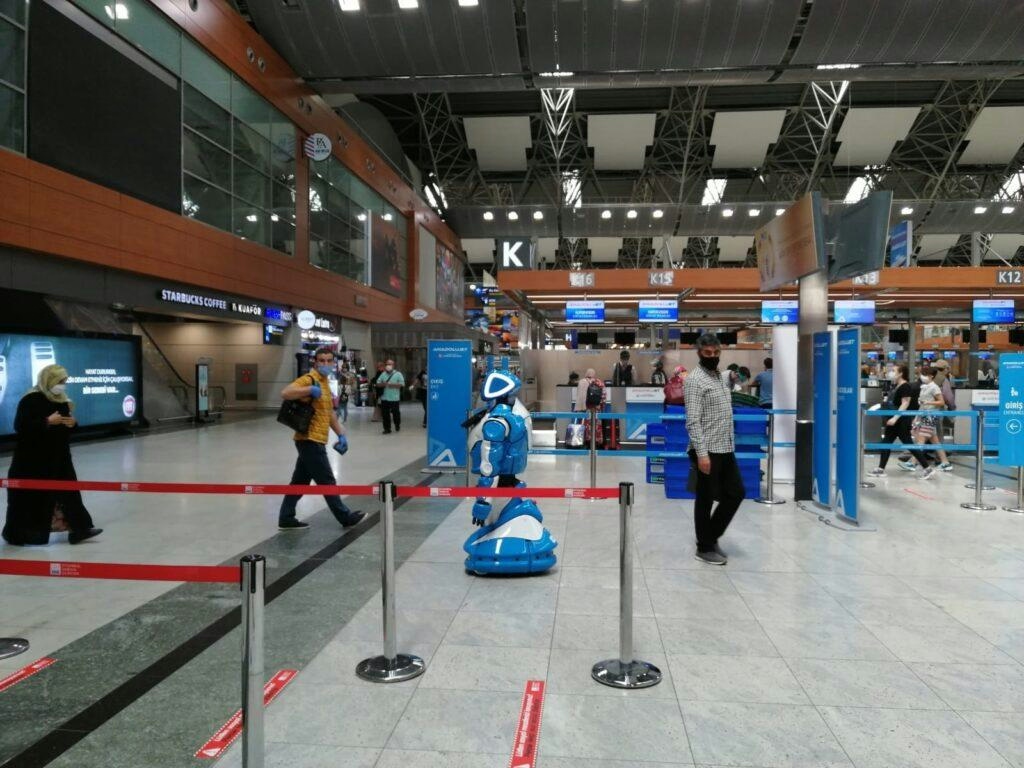
Malaysia Airlines Introduces AI Assistant ‘Mavis’ to Enhance Passenger Support
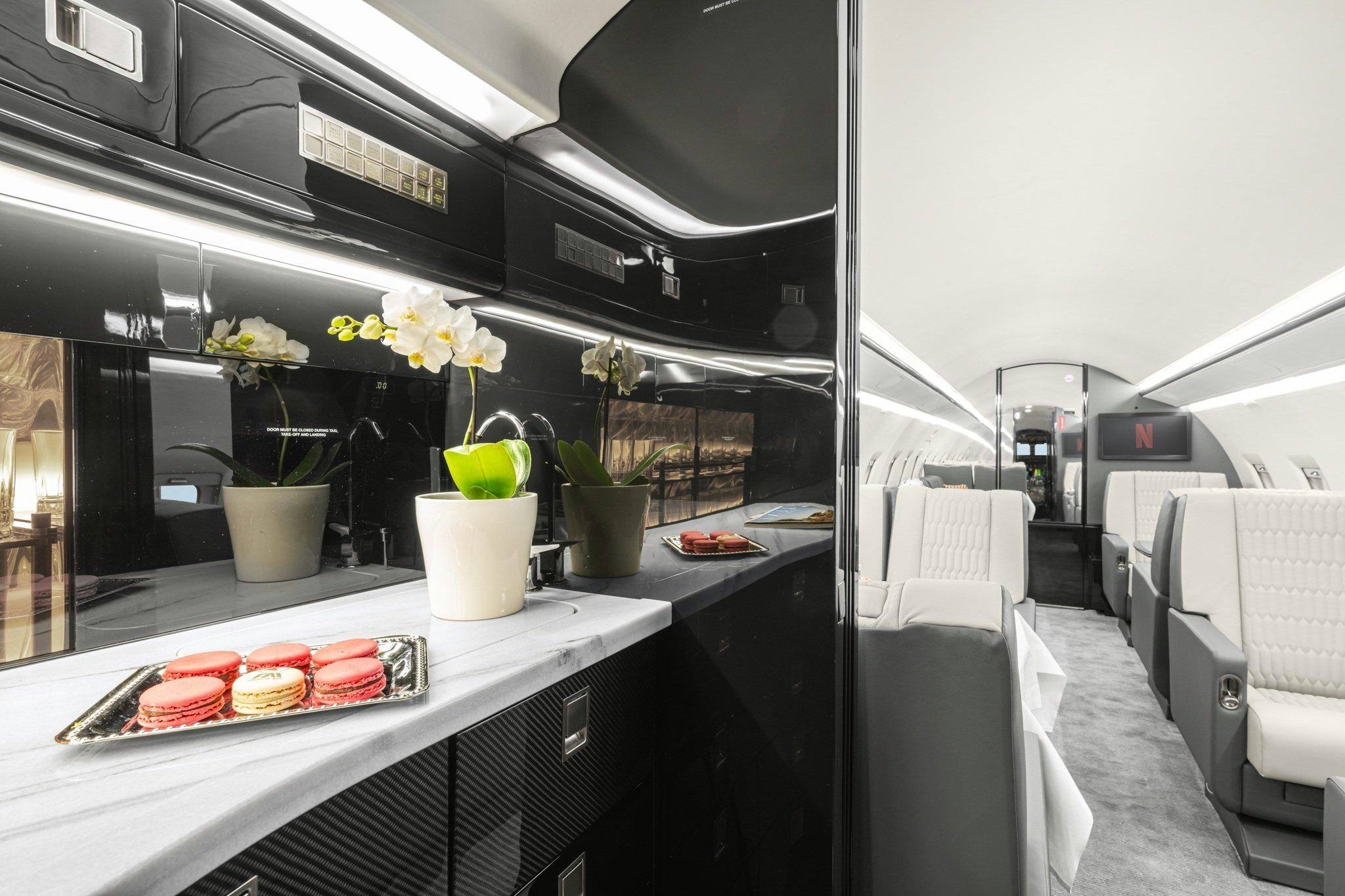
FAI Aviation Group Overview
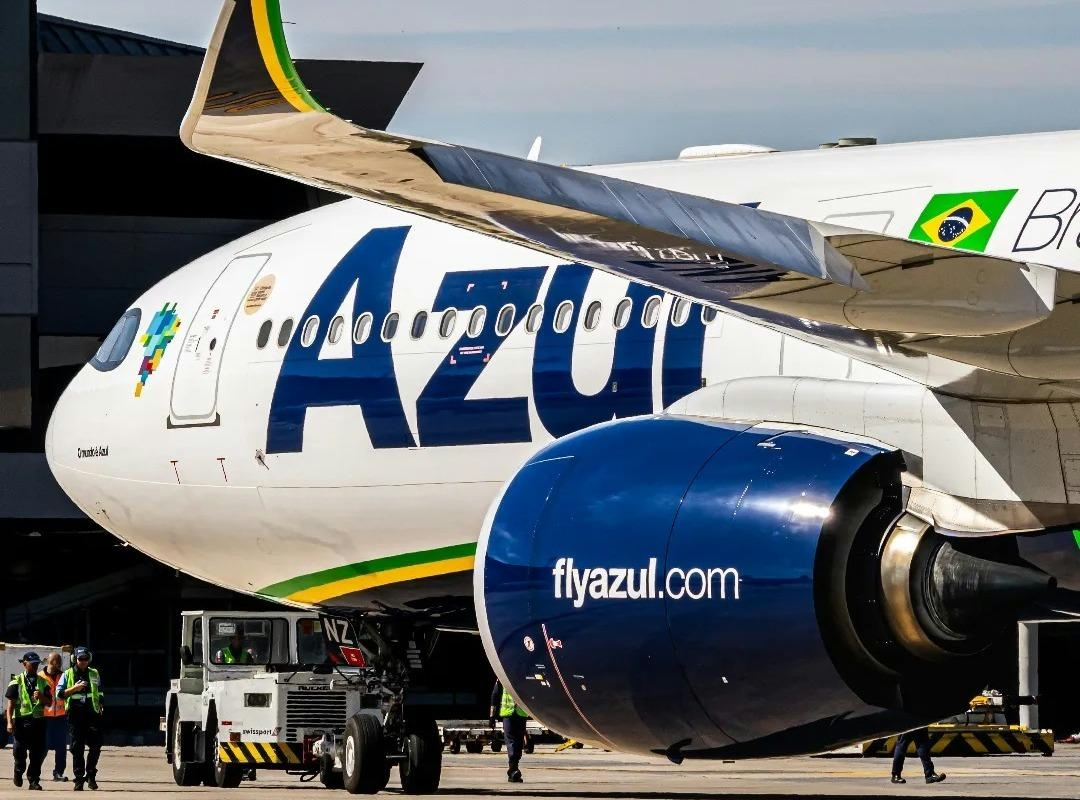
Azul Emerges from Chapter 11 Following Restructuring
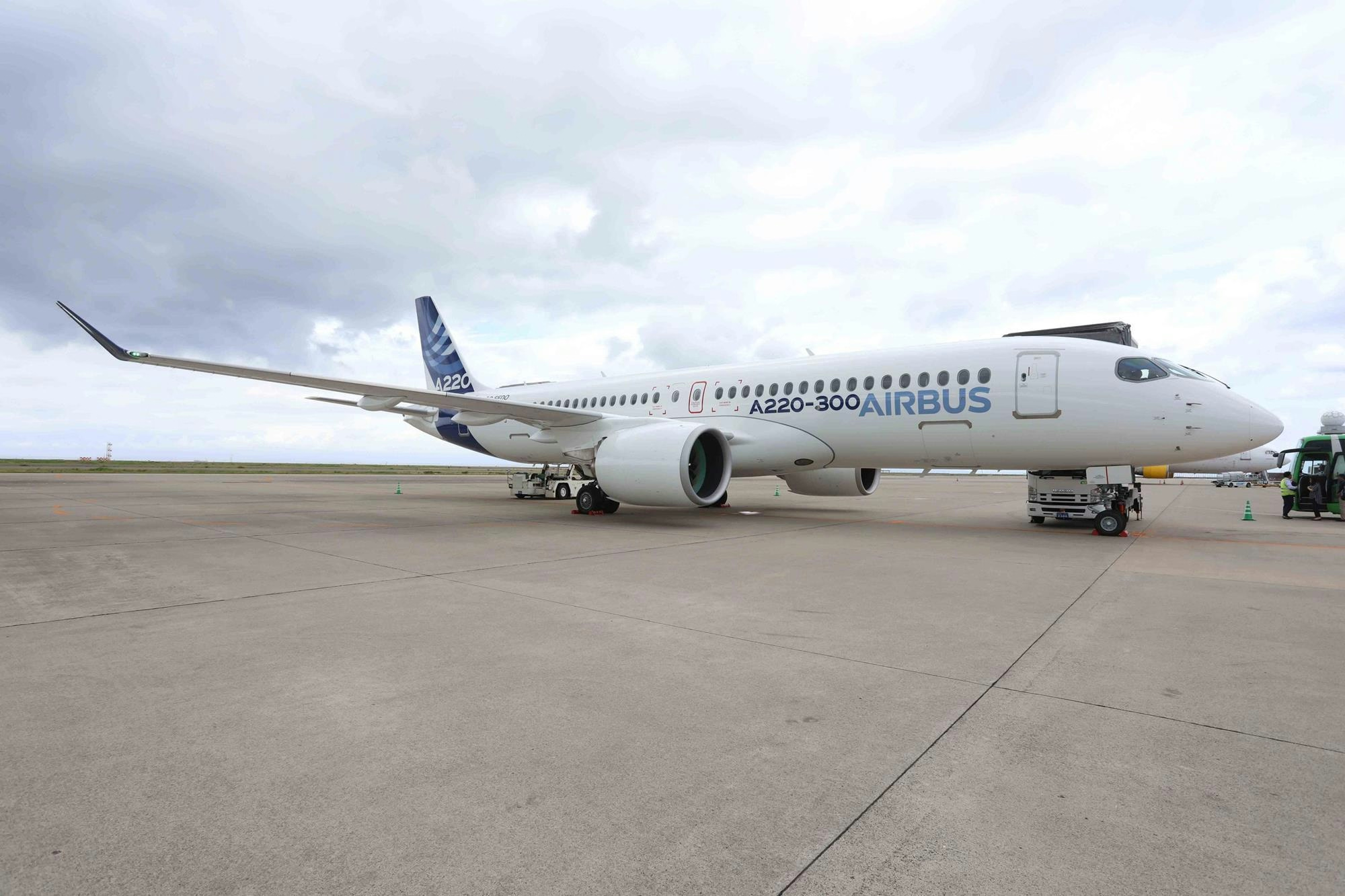
LS Technics Becomes Poland’s First A220-Certified MRO
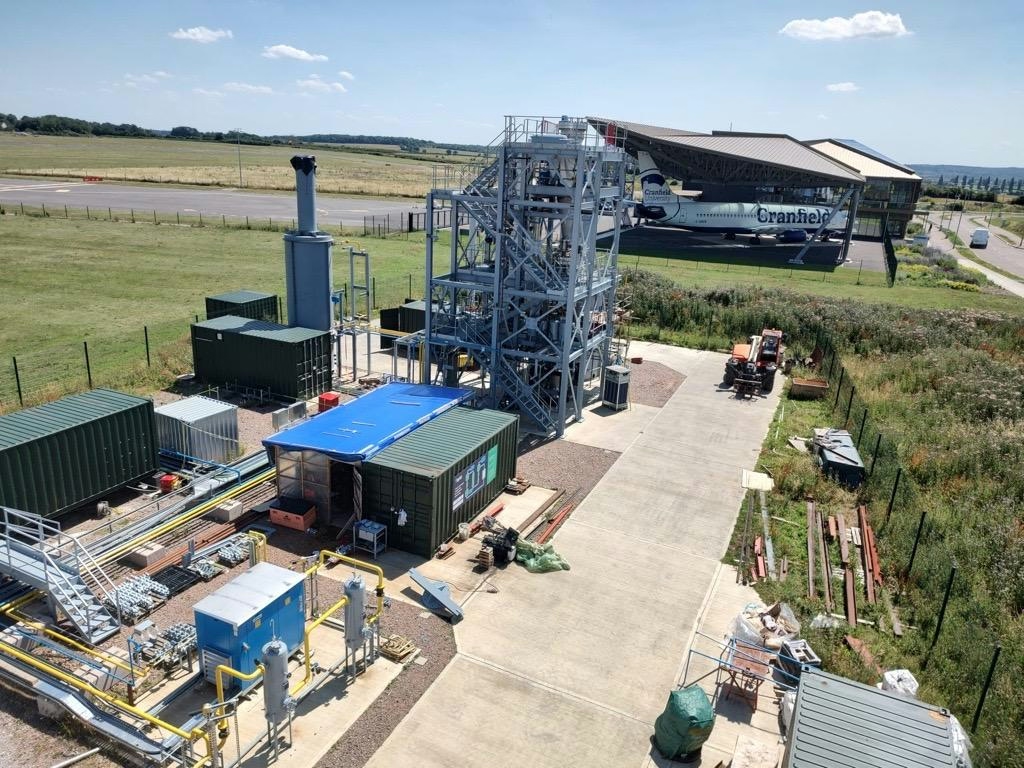
Opportunities in the Sustainable Urban Aviation Sector
